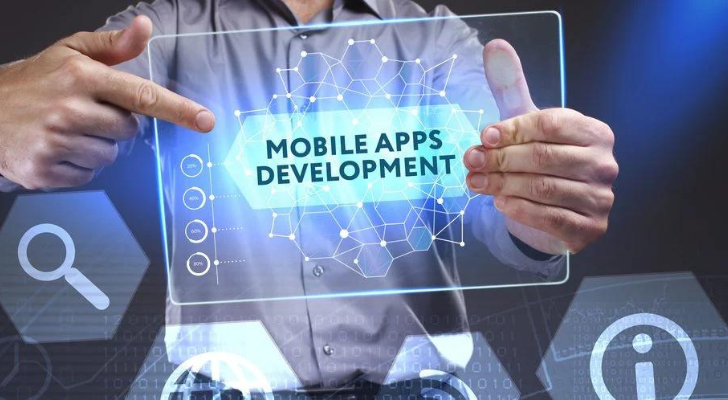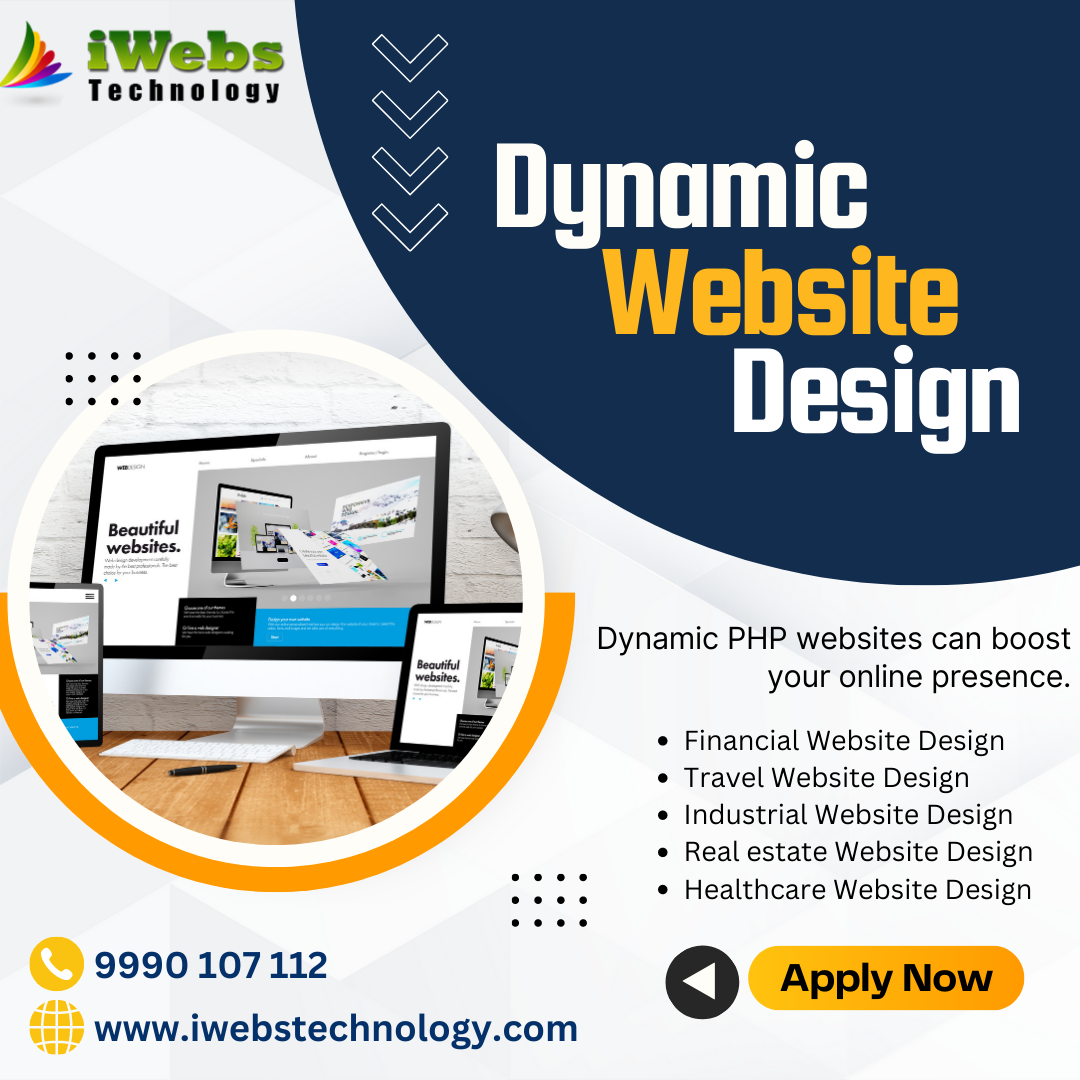Mobile Apps Development

The Essentials of Mobile App Development
In the fast-paced digital era, mobile app development stands at the forefront of technological innovation. With billions of smartphone users globally, the demand for intuitive, feature-rich applications continues to soar. This article explores the key elements of mobile app development, from the initial ideation phase to the deployment of a polished and user-friendly product.
1. Ideation and Conceptualization: The journey of mobile app development begins with a compelling idea. Successful apps address a specific need or problem, providing unique value to users. During the ideation phase, developers conduct market research, identify target audiences, and outline the core features that will set the app apart in a competitive landscape.
2. Choosing the Right Platform: Selecting the appropriate platform is a critical decision in mobile app development. Developers must decide whether to build for iOS, Android, or both. Factors such as target audience, budget, and development resources influence this choice. Cross-platform frameworks like Flutter and React Native offer solutions for developing apps that run seamlessly on both major platforms.
3. User Interface (UI) and User Experience (UX) Design: User satisfaction is paramount in mobile app development. Crafting an intuitive and visually appealing UI, coupled with a seamless UX, is essential for engagement. Designers work closely with developers to ensure the app's navigation is smooth, and interactions are intuitive, creating a delightful experience for users.
4. Development Tools and Languages: Mobile app developers leverage a variety of tools and programming languages. For iOS development, Swift and Objective-C are commonly used, while Java and Kotlin are popular for Android. Integrated Development Environments (IDEs) like Xcode and Android Studio streamline the coding process, providing debugging and testing capabilities.
5. Application Programming Interface (API) Integration: Many mobile apps rely on external services and data. API integration allows apps to communicate with servers, access databases, and leverage functionalities like geolocation, payment processing, and social media sharing. Seamless integration enhances the app's capabilities and user experience.
6. Testing and Quality Assurance: Thorough testing is crucial to identify and rectify bugs, ensuring the app's stability and performance. Developers conduct unit testing, integration testing, and user acceptance testing to address issues before deployment. Automated testing tools contribute to a more efficient and error-free development process.
7. Deployment and Maintenance: Once the app is polished and thoroughly tested, it's ready for deployment to app stores. Developers must adhere to submission guidelines for platforms like the Apple App Store and Google Play. Post-launch, regular updates and maintenance are essential to address user feedback, introduce new features, and ensure compatibility with evolving operating systems.


